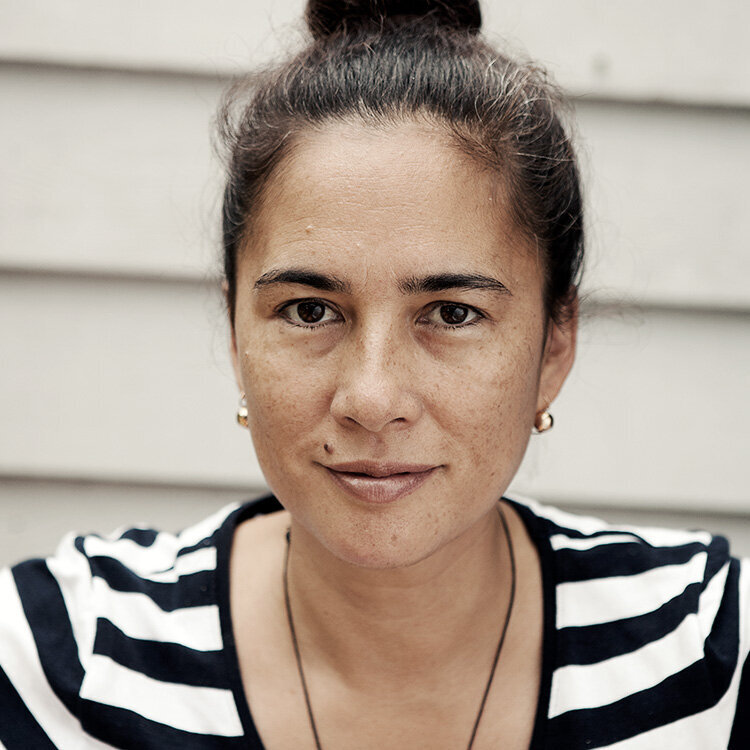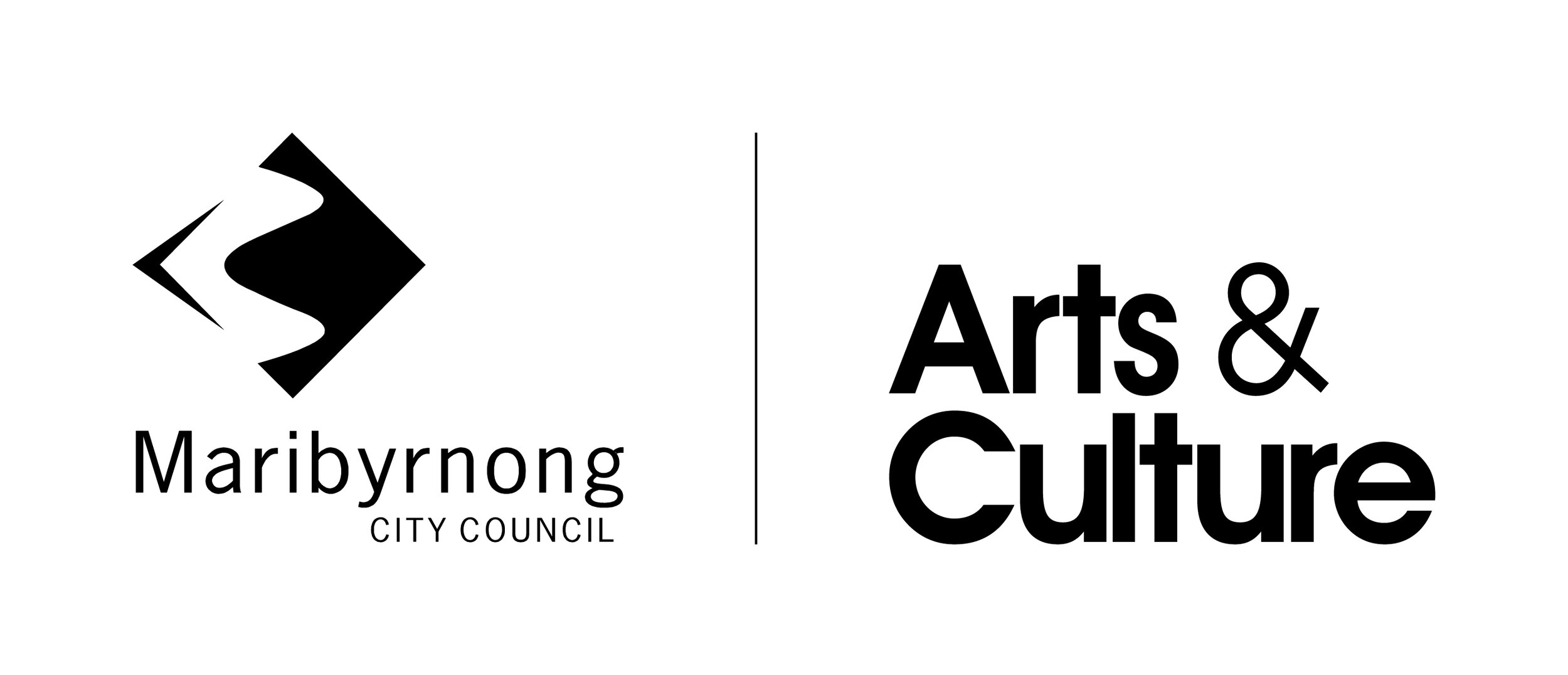Diving into script with playwright Vanessa Bates
/It’s often the most personal stories that pack the biggest punch.
We’ve spent the last few months diving into the world of infertility as we rehearse the brilliantly scripted dark comedy Every Second. Playwright Vanessa Bates has spoken before about drawing inspiration from her own challenges with fertility and experiences of IVF.
This week, the Wit team had the pleasure of connecting with Vanessa for a chat about her practice in general, and Every Second in particular.
Vanessa Bates, image courtesy of Troyeur
Vanessa Bates is an award-winning NSW-based playwright with eight plays under her belt: A Ghost In My Suitcase, Trailer, Light Begins To Fade, Every Second, The Magic Hour, PORN.CAKE, Checklist For An Armed Robber and Darling Oscar. She has also written for television, short film and radio. Vanessa has been produced by Sydney Theatre Company, Malthouse Theatre, Belvoir B-Sharp, Griffin and more; she is currently commissioned by Sydney’s Ensemble Theatre to write a play for 2022, The One, exploring the Asian/Eurasian Australian identity.
Vanessa zoomed in for a chat with Every Second Director Emma Drysdale, Company Artistic Director and Every Second Actor Lansy Feng, and Company Manager El Boydell.
–
You’ve done a lot of exploration of Eurasian characters in Australian media and stage, and are currently doing a PhD around this topic. Can you tell us about your experiences writing Asian Australian stories, as well as any challenges you’ve faced?
I’m currently writing an ensemble play called The One, featuring a Eurasian girl and her brother. It’s really interesting diving into that world. As a Eurasian, you’re in a liminal space – people recognise you’re different but can’t quite identify how or in what way. It comes with challenges – you fit, but you don’t fit; it affects your identity. I’m really lucky that in my current project, they’re providing me development time with actors and a director who are all Asian and Eurasian. It’s useful and important to be collectively digging into this identity and exploring what it means to each other – we’re all different, and the meaning is so different.
I had a similar experience working on a play for kids called A Ghost in My Suitcase, adapted from a book by Melbourne children’s writer Gabrielle Wong. Working on that show came with amazing and unusual moments of seeing and acknowledging the brown faces of many of the actors and creatives involved.
Earlier in my career, I wrote a play with characters inspired by my mother and my sisters that got shortlisted for an exciting big award…but then someone in the industry said to me, “it’s a good play, but you couldn’t cast it.” Obviously you could! But at the time there was prejudice. For me as a young playwright, the message was that people like me are problematic to place on stage, our stories and our voices are problematic for mainstream theatre. That stayed with me for a long time, and for a long time I wrote plays that weren’t about and didn’t specify ethnicity.
It’s nice to be re-entering that space now, with my writing and my PhD looking at scriptwriting and Eurasian character within Australian television and film.
–
Extending the conversation about identity and representation, Every Second is a story that features two straight couples dealing with the challenges of infertility. Did you consider including any LGBTQI+ or non-binary storylines or perspectives when you were writing the script?
Jen and Bill, Tim and Meg in Wit’s production
That’s a good point, and something that was in my mind around the time of writing, when some same-sex-partnered friends of mine were going through the process of conceiving through assisted reproductive technology. In the context of Every Second, however, to introduce this perspective would be a whole other character, and I felt I wouldn’t be able to do more than a passing reflection, and that wouldn’t be fair. It’s a really important topic, but it’s not my lived experience and it felt outside of the stories that were mine to represent. I went through infertility, and I felt confident telling the stories in this script from the perspective I told them. That said, if I were writing the play now ten years later, I might have more confidence to dive into a more diverse experience of fertility or infertility, and include broader storylines.
In the script, the character of Jen is given a statue of Quan Yin, the bodhisattva or goddess of compassion, to help in her attempts to get pregnant. I [Lansy] grew up with Quan Yin, she’s from my culture. What inspired you to include Quan Yin in the story?
Lansy Feng as Jen, holding Quan Yin
I was familiar to Quan Yin because I spent time growing up in Malaysia, and learned about the gods and goddesses and what they represent. Part of my background is also Catholicism, and I think the idea of using a statue as a centring point for prayer comes from that.
During the years I was trying to get pregnant, I was very open to having a diversity of fertility symbols in my home. The Quan Yin made sense to me – she is a goddess of compassion, who people appeal to for children and babies. I also started collecting Baby Jesus’, and have other fertility symbols from many different cultures. Because anything might help! When you want something so badly, you can get consumed by meaning and superstition.
–
Wit Incorporated aims to stage an original work once per year – Lansy is currently preparing a new script for late 2021. Do you have any advice for early-career theatre writers?
Keep writing, keep reading, and keep seeing shows! It’s amazing to me how many people start writing a script without studying the form and the work of other people. The process of seeing work, enjoying plays, and then reflecting on what makes them enjoyable and (where possible) diving into scripts is so important. A couple of years ago I saw Red Stitch’s production of OIL. It was an interesting show, so I bought the book by Ella Hickson, really dissected it, and brought some of that writing into my practice. I did the same after seeing White Pearl by Anchuli Felicia King – and benefitted from some really interesting things she’d included in the foreword. I think too often this research is an overlooked part of the process.
We asked so many more questions! Did Tim do it? Did they stay together? And tell us more about the meaning of the last scene?! But…we wouldn’t want to give you any spoilers.
Every Second by Vanessa Bates, produced by Wit Incorporated and directed by Emma Drysdale, opens on Thursday 20 May at Bluestone Church Arts Space, Footscray. The season runs for 10 shows (plus preview) until 29 May. Grab your tickets now!


















